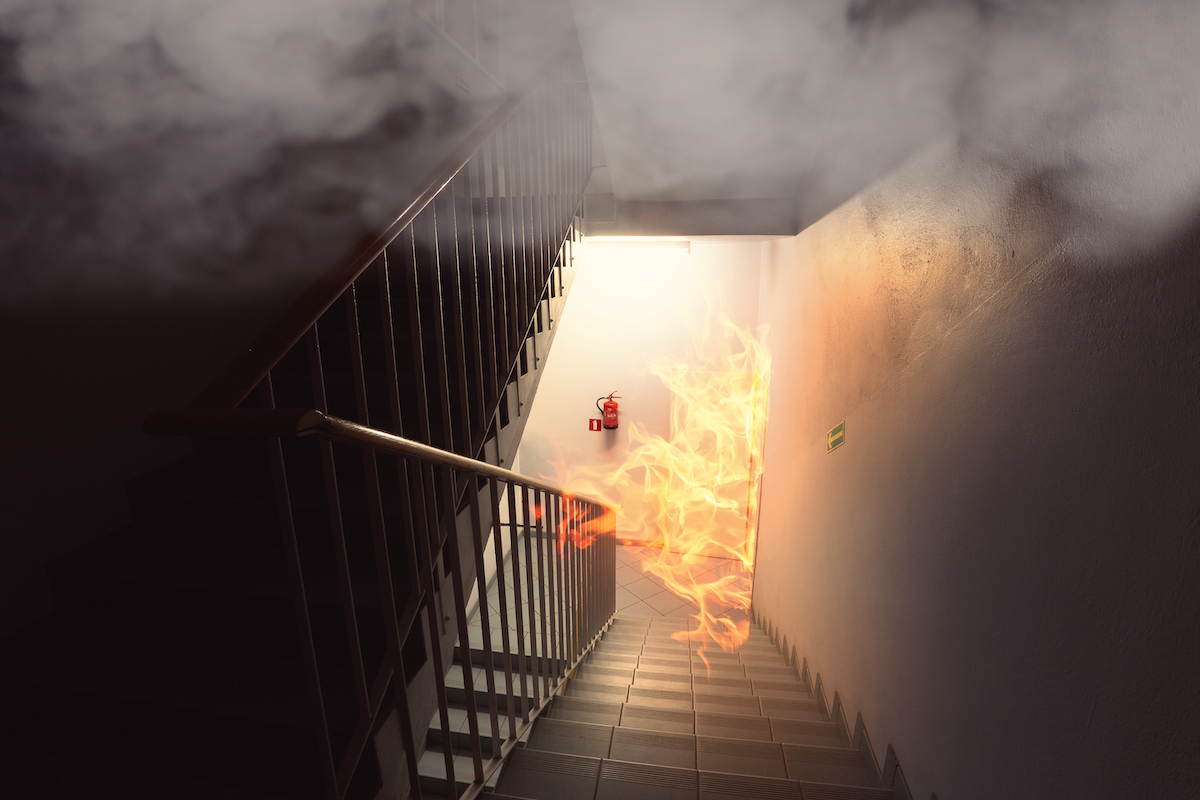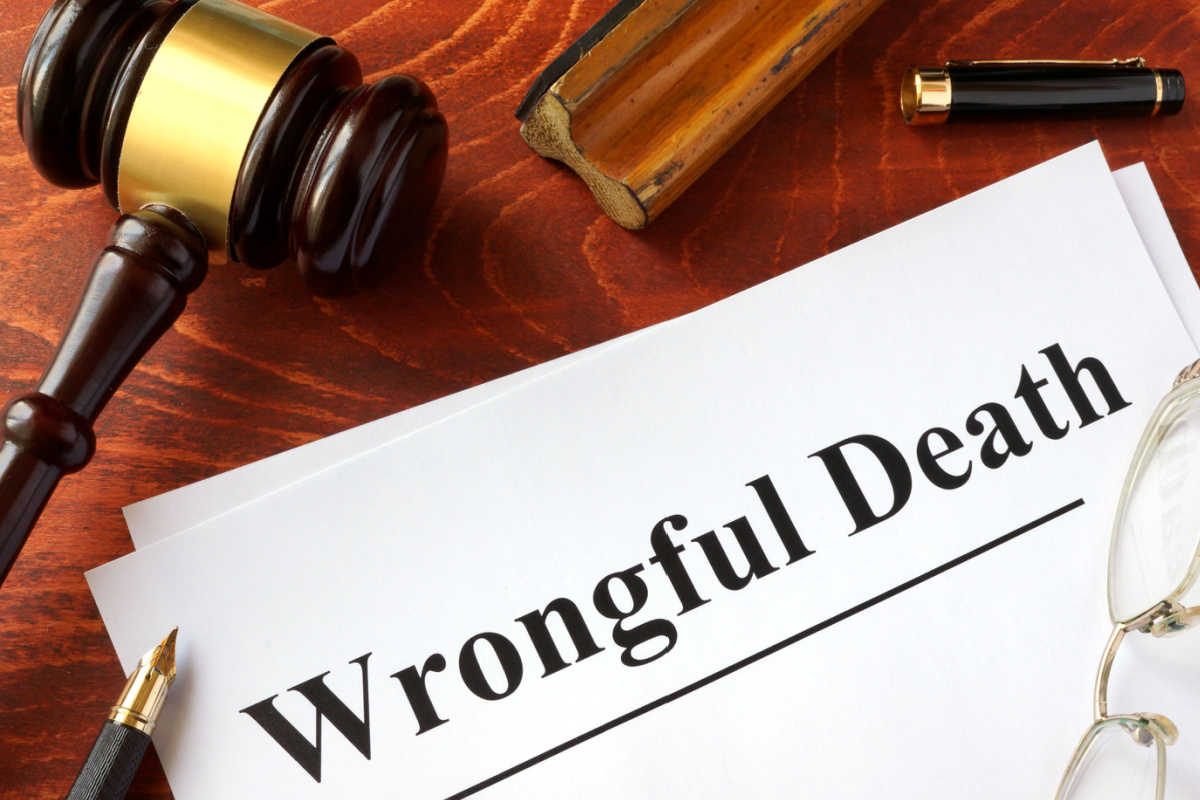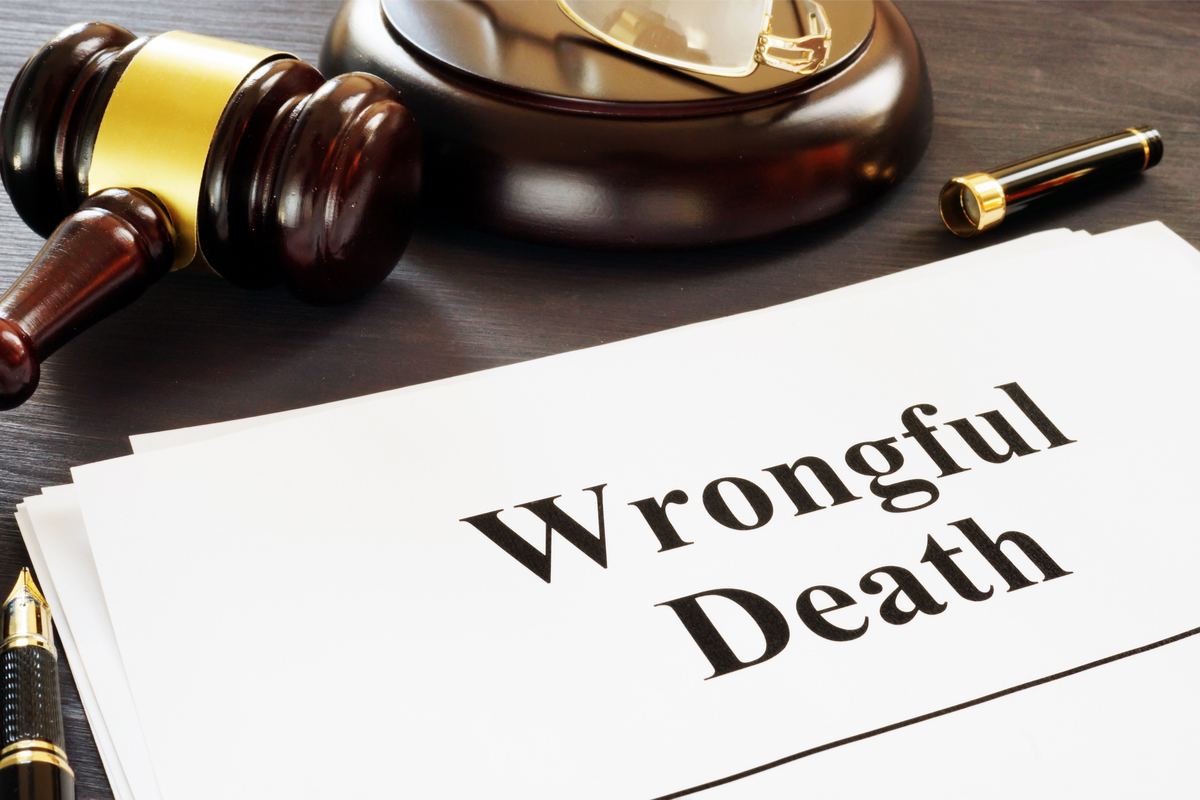
Attorney at Mueller, Schmidt, Mulholland & Cooling
Practice Areas: Immigration Law
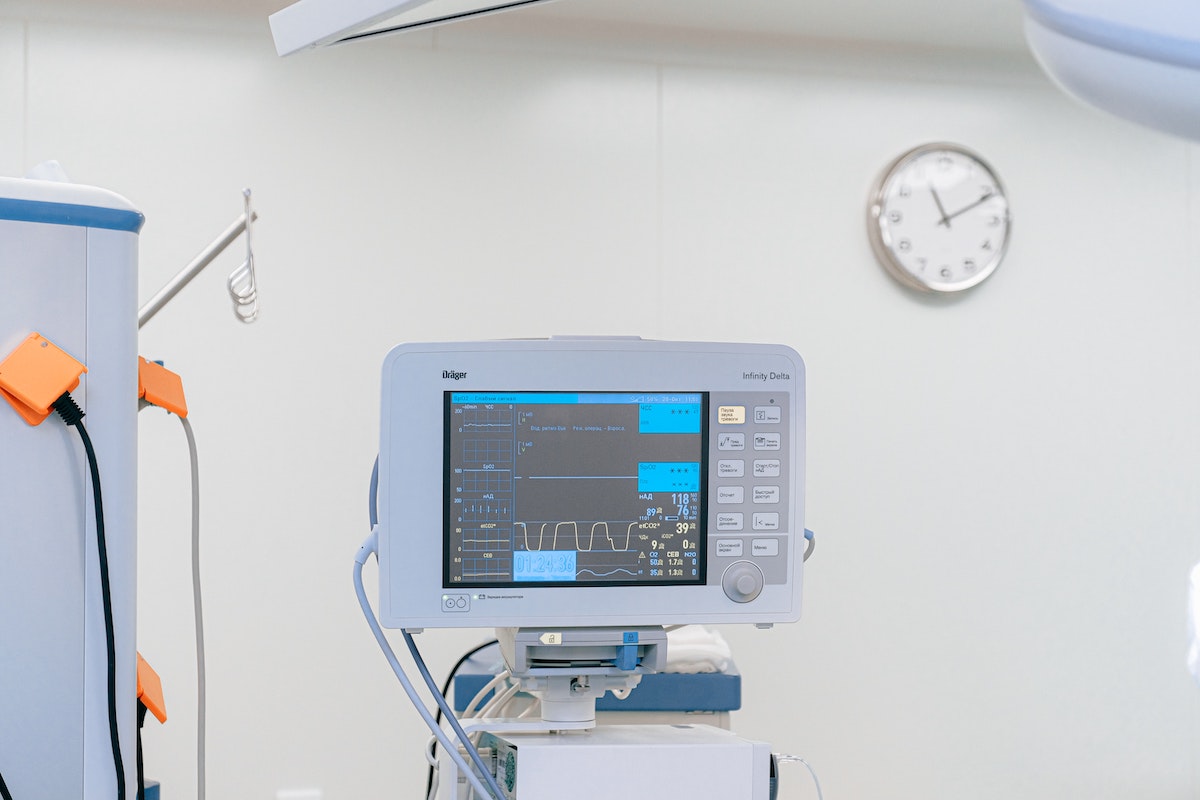
In Iowa, laws surrounding medical device liability fall under product liability regulations. When a medical device fails, causing harm or injury, victims may seek redress through legal means. Manufacturers, distributors, and sometimes even healthcare providers can be held accountable for these failures. Iowa law allows victims to file claims based on different theories such as negligence, breach of warranty, or strict liability.
Negligence refers to a lack of reasonable care in designing or manufacturing the medical device. Breach of warranty involves failing to meet the stated guarantees of the product’s safety. Strict liability, a more direct route, holds parties responsible regardless of the level of care taken during manufacturing.
In defective medical device lawsuits, certain types of devices frequently appear as subjects of litigation. Hip implants, for example, have been the focus of numerous cases, often due to premature failure or complications such as metal toxicity. Another prevalent category includes transvaginal mesh products, used in treating pelvic organ prolapse but known to cause severe internal injuries. Ventilation machines, especially vital in critical care settings, can become a subject of litigation if found to be defective, leading to inadequate respiratory support for patients.
Legal Procedures: Initiating a Defective Medical Device Lawsuit
Initiating a lawsuit for a defective medical device involves multiple steps, each having its own significance. Initially, gathering all relevant evidence forms a foundational component of legal action. This includes medical records, photographic evidence, and witness statements, among other things. Once sufficient evidence is collected, a complaint is formally filed to initiate legal proceedings.
Following the filing of a complaint, a phase known as ‘discovery’ commences. Both parties involved, the plaintiff and defendant, exchange information and evidence to build respective cases. Discovery often includes depositions, requests for documents, and interrogatories, which are written questions requiring written answers under oath.
After discovery, parties may opt for settlement discussions. Here, both sides evaluate the strength of their cases and may negotiate a financial settlement to avoid further litigation. If settlement negotiations stall or are not favorable, the case advances to trial. During trial, both sides present their arguments, evidence, and expert testimony to a judge or jury.
Should a decision be rendered in favor of the plaintiff, damages are then calculated and awarded. Damages can be compensatory, aimed at covering medical bills, lost wages, and emotional distress, or punitive, intended to penalize the responsible party for their negligence.
Timeline of a Typical Defective Medical Device Lawsuit
A defective medical device lawsuit usually follows a specific timeline, which, while varying from case to case, tends to have several common phases. Initially, evidence gathering is paramount, involving the collection of medical records, device information, and witness accounts.
The next step is filing a formal complaint, which outlines allegations against the defendant—often the manufacturer or distributor of the defective medical device. Once the complaint is filed and served, the defendant has a specific time, usually 20 to 30 days, to respond.
Then begins the discovery phase. This period allows both parties to exchange information, documents, and evidence. Depositions, interrogatories, and requests for production of documents are common actions during discovery.
Settlement negotiations may follow, especially if the gathered evidence strongly favors one side. Both parties engage in discussions to reach a financial settlement, aiming to resolve the matter without going to trial. If negotiations fail or are not initiated, the case heads to trial.
At trial, each side presents its arguments, supported by evidence and expert testimony. A judge or jury listens, deliberates, and eventually delivers a verdict. If the plaintiff wins, the court determines the amount of damages to be awarded.
Finally, either party has the option to appeal the decision. Appeals can prolong the legal process, sometimes taking years to reach a final conclusion. Overall, a defective medical device lawsuit can be a lengthy, complicated process, requiring patience and diligence from all involved parties.
Settlement Versus Trial: A Comparative Analysis
When pursuing a defective medical device lawsuit, two primary routes for resolution exist: settlement or trial. Each has its advantages and disadvantages, and the choice often hinges on multiple variables such as evidence strength, financial considerations, and emotional toll.
Settlement is generally faster and less costly. It allows for a negotiated resolution, bypassing the uncertainties and time commitments of a trial. Money received in a settlement can often be accessed sooner, providing quicker financial relief for victims. However, settlements usually entail confidentiality clauses, preventing public disclosure of the case details or fault admission by the defendant.
Trial, on the other hand, can be a prolonged and expensive route. Preparation involves extensive discovery, and court schedules can stretch over months or even years. However, going to trial offers a platform for public accountability. If a plaintiff wins, the details of the case become public record, potentially encouraging others to come forward and helping to prevent future incidents of a similar nature. Financially, a successful trial might result in larger damage awards compared to a settlement, though this is never guaranteed.
Financial Compensation: What Victims Can Expect

In defective medical device cases, financial compensation varies depending on several factors including the extent of the injury, emotional suffering, and economic losses suffered by the victim. Generally, there are different categories of damages awarded.
Compensatory damages aim to make victims “whole” by covering out-of-pocket costs such as medical expenses, lost wages, and future earnings. In addition, non-economic compensatory damages can address intangible suffering like pain, emotional distress, and loss of companionship in severe cases.
Punitive damages serve a different purpose: to penalize the liable party for egregious negligence and deter similar future behavior. However, these are less common and usually only awarded in cases demonstrating extreme recklessness on the part of the manufacturer or distributor.
Some cases become part of class-action lawsuits, where multiple victims have been affected by the same device. In such instances, any awarded damages are usually divided among the plaintiffs, which may reduce individual compensation. Although each case is unique, understanding general categories of financial compensation can provide a preliminary idea of what one might expect when involved in a defective medical device lawsuit.
Understanding the scope of damages in the realm of personal injury law, particularly with defective medical devices, is critical for those seeking justice. While punitive damages are less common, compensatory damages for medical expenses, lost wages, and pain and suffering are more frequently pursued. It’s also important to recognize the overlap between different areas of negligence, such as nursing home negligence, which can sometimes contribute to the need for medical devices. In the most tragic of circumstances, families may find themselves consulting resources on wrongful death claims.Lastly, victims may also face challenges with insurance companies, necessitating guidance on how to handle insurance disputes after a home fire, which can be analogous to disputes over medical device failures.
If you are dealing with a defective medical device lawsuit, contact or call us at 515-444-4000 as soon as possible for a free consultation.
Categories
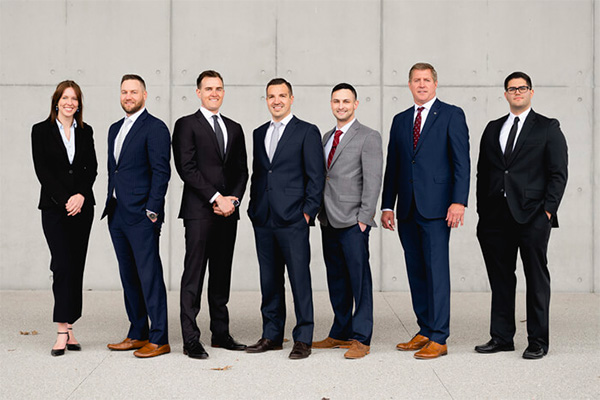
Providing Unmatched EXPERIENCE On Your Case When you find yourself in a situation where you’ve been treated unfairly or you’re in the middle of a legal disagreement, it can be difficult to know what your rights are and how to proceed.





